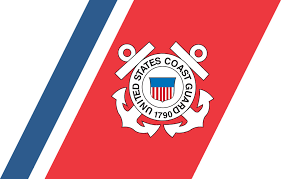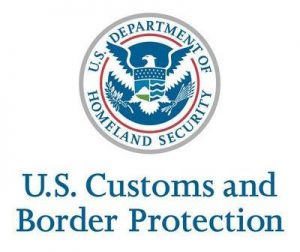Federal Pilots Letter March 12, 2020
ear Valued Marine Partner,
In today’s world of Covid-l9 and the uncertainty associated with it, I am sure many of you are wondering what we are doing to prevent possible cross contamination from vessel to vessel as we navigate the Lower Mississippi River. We at the Federal Pilots do not claim to be experts in disease prevention nor transmission but we do firmly believe in a few basic precautions that have proven
effective over the years.
- Prior to leaving the station all pilots are encouraged to wash their hands with an anti-bacterial soap such as Hibiclens which provides a protective barrier for at least 6 hours following application.
- After boarding said vessel and conducting an MPX, our pilots will set up station and wipe down their area with sanitizing wipes.
- Throughout the transit, the pilot onboard is encouraged to regularly wipe down any surface they may come in contact with such as pens/pencils, binoculars, radar control panels, ECDIS control panels, PPU’s, VHF radios etc.
- lf the pilot is in a non-critical area of navigation a nd feels that they may need to cough or sneeze then they are encouraged to step to the bridge wing or exterior of the wheelhouse and do so in an open environment away from other individuals. lf the area of navigation or layout of wheelhouse does not permit this action then the individual shall cover their mouth/nose and orient themselves in a direction away from other individuals. When safe to do so, they shall proceed with wiping down of the surfaces in their immediate vicinity.
- lf a pilot comes in contact with a piece of equipment or personnel where sanitation cannot be confirmed they then shall immediately wash their hands or use some sort of hand sanitizer following this evolution.
- Bar soap should only be used as a last resort as bacterial/viral activity has been known to reside on the top outer layer thus allowing for a mode of cross contamination.
- Recommended hand sanitizers include but are not limited to isopropylalcohol, hydrogen peroxide or benzalkonium chloride .13%.
- ln all cases, any pilot who experiences a temperature in excess of 99.6 degrees is expected to utilize Tele-Health to determine the appropriate medical facility for further testing and action.
I strongly feel that if we all remain calm, sensible and work together we will get through this and proceed in a direction that is not only beneficial to the individual but the nation as well. Thank you for entrusting the safety of your crew to us while on the LMR, we will not let you down.
Gregory Bush
President
Associated Federal Pilots and Docking Masters of Louisiana, LLC



